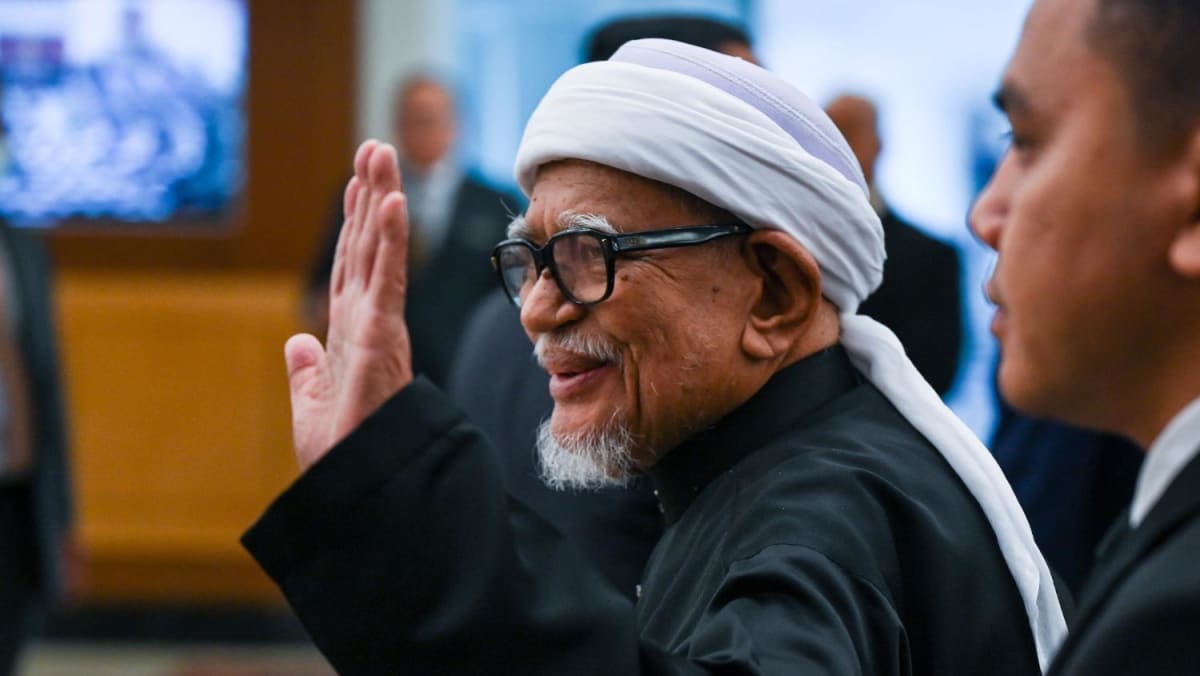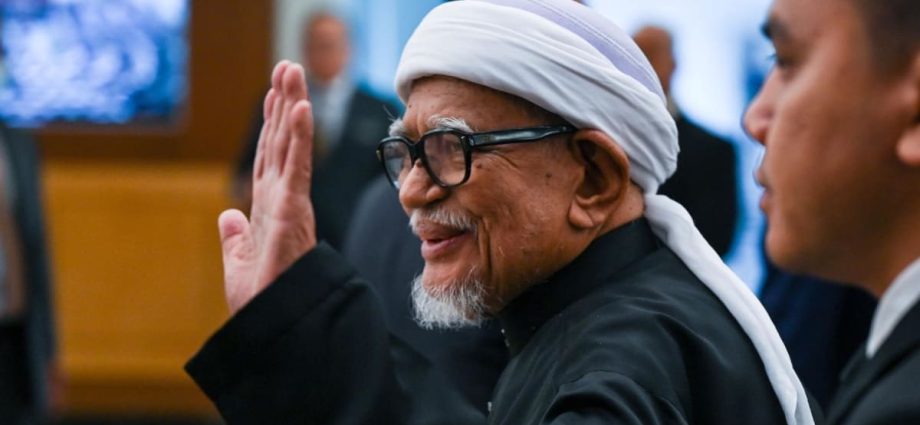
Before Mr Hadi took over the leadership of PAS, his predecessor Nik Abdul Aziz Nik Mat ran the party with a more open approach that sought to accommodate the country’s non-Muslim communities.
That approach aided PAS, long considered a rural-based party, to attract younger professionals into its ranks that later helped the party to establish beachheads in urban Malaysia.
Mr Nik Aziz died in February 2015, and shortly after the party under Mr Abdul Hadi’s leadership underwent a major split. The moderates aligned to the late Nik Aziz resigned to form the Parti Amanah Negara (Amanah), now a member in Mr Anwar’s coalition government, giving the clerics in PAS a free rein.
Last week, Mr Abdul Hadi raised the political noise over race and religion issues in the country.
In a lengthy opinion piece in the party’s official website HarakahDaily, the PAS president noted that non-Muslims should let the majority ethnic Malay group hold the political reins of the country.
“They (the non-Malays) must accept the fact that most countries in the world do not give a place to anybody who is not native and does not believe in the country’s ideology, but Islam gives fair rights to non-Muslim residents who do not embrace Islam as the country’s creed.
“The position of Islam embraced by the Malay community cannot be arbitrarily challenged. Moreover, the tolerance shown towards them should be respected,” he wrote.
Separately, Kedah chief minister Muhammad Sanusi Md Nor has stirred fresh controversy by claiming that neighbouring Penang, which is controlled by PH, historically belongs to Penang.
Mr Sanusi, who is also PAS’ election director and Kedah PN chief, is currently being investigated by the police under the country’s sedition law.

